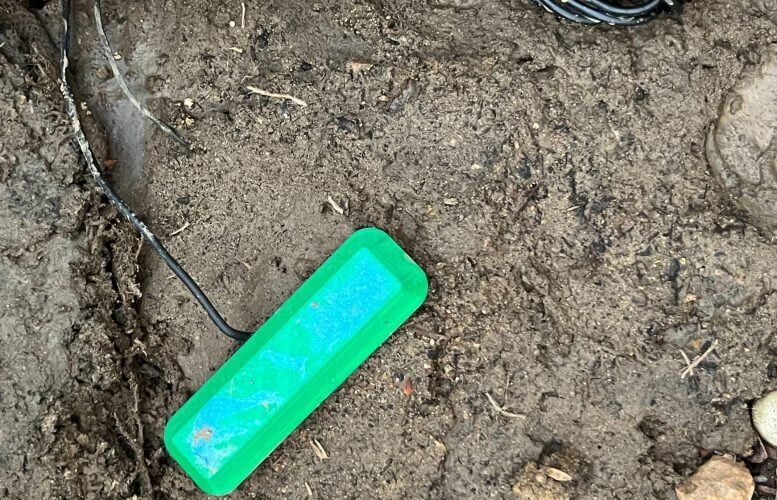In a groundbreaking achievement poised to revolutionize the energy sector, a team of international scientists has reportedly developed an innovative dirt-powered fuel cell capable of running indefinitely. This landmark invention, harnessing the natural electrochemical process present in soil, offers a sustainable and eco-friendly alternative to traditional power sources.
Dubbed the ‘Perpetual Energy Soil Cell’ (PESC), the concept relies on the microbial fuel cell (MFC) technology, wherein microbes naturally found in dirt metabolite organic compounds, releasing electrons as a by-product. These electrons are captured by electrodes inserted within the soil, creating a continuous flow of electric current. This sustainable process eliminates the need for harmful fossil fuels or rare materials often linked with conventional batteries and fuel cells.
The research team, comprised of experts from multiple disciplines, has successfully operated a prototype over various testing periods without any noticeable decline in energy output. The scalability of PESCs holds immense potential for both rural and urban energy applications, from remote sensors to supplementing urban power grids, drastically reducing dependence on non-renewable energy resources.
In addition to the unprecedented longevity of the fuel cell, the technology also boasts a remarkably low impact on the environment. The soil remains unharmed during electricity generation, preserving the natural ecosystem. Furthermore, the PESC’s molecularity allows for customizable power arrays tailored to specific energy demands, thus addressing a wide spectrum of power requirements.
The researchers are now focusing on streamlining the design and enhancing the power density to make the PESC more appealing for commercialization. Partnerships with governments and green tech companies are underway to facilitate field tests and further refine the technology.
The advent of the perpetual energy soil cell marks a promising horizon where clean, inexhaustible power could be harnessed from the very ground beneath our feet, signifying a major leap towards a sustainable future and the diminishing of the global carbon footprint.
